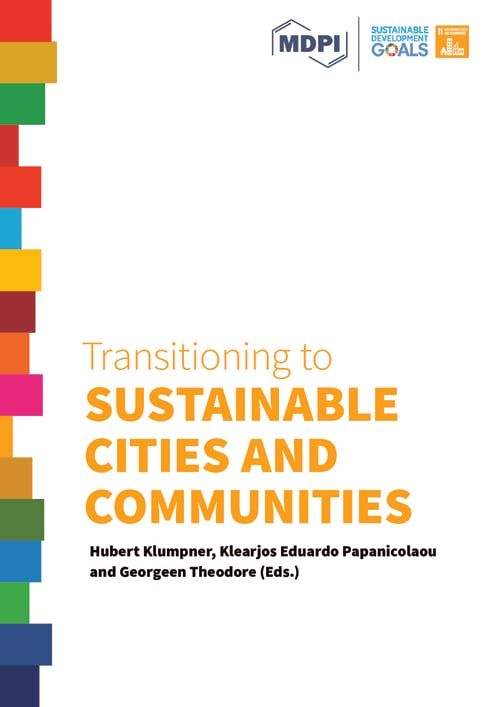Urban Markets as Infrastructures of Exchange and Flow in Cities— Insights from Onitsha Markets in Nigeria
Urban markets are indispensable in African cities. They function as economic, cultural, social, spiritual, and politically networked infrastructure systems and provide upward mobility for most inhabitants in most African cities. However, urban market spaces often appear chaotic, presenting a myriad of challenges, and have received limited attention from architectural, urban design, and planning disciplines. The challenges linked to the activities in such markets include by-products such as waste, noise pollution, air pollution, water pollution, traffic congestion, potential sites of conflicts, and disease outbreaks in the city in question. The spatial demands of the resulting by-products confront the balance between economic resourcefulness and livability in cities. Drawing insights from markets in Onitsha, Nigeria, this paper argues that markets are infrastructures of exchanges and material flows in this African city and are central to achieving SDG 11 (Sustainable Cities and Communities). Markets in Onitsha are an archetype of urbanity, with intertwined dependencies on different urban systems. The exchanges and material flows of markets in cities intersect with food systems, health, sanitation, transportation, and logistics. There is a need to recognize the role of markets in urban Africa and the interdependencies of associated urban systems with such markets. The insights from Onitsha described herein present powerful arguments on how to leverage emergent spatialities within communities—that is, beyond alterity—in theory, pedagogy, practice, and public policy. This paper provides insights on potential pathways towards sustainable urban growth and livable cities for urban Africa amidst rapidity and uncertainty.
